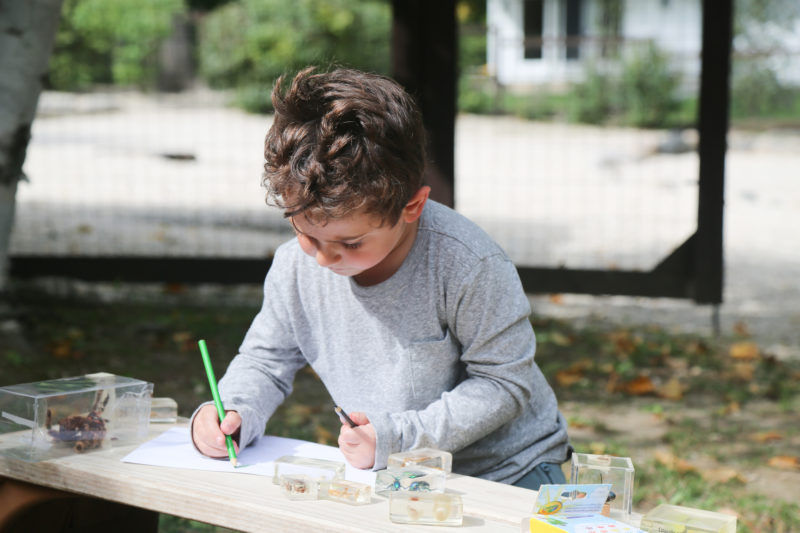We are thrilled to have renowned psychologist Dr. Robert Brooks return to The Children’s School this November to present our first parenting workshop of the year. Dr. Brooks is on the faculty of Harvard Medical School and is the author or coauthor of 19 books on parenting. He will be sharing the insights in his new book, Tenacity in Children: Nurturing the Seven Instincts for Lifetime Success, written with Dr. Sam Goldstein. Filled with illuminating stories from his 40 years of working with families, the book is brimming with realistic and practical advice for guiding your children to become responsible, self-disciplined, empathetic adults.
“Tenacity” is Dr. Brooks’ umbrella term for a range of beneficial instincts that have helped ensured the success and survival of our species. When these are given opportunities to blossom, they become the fuel for self-discipline and resilience as we grow into adulthood. These seven instincts—which the book identifies as intuitive optimism, intrinsic motivation, simultaneous intelligence, compassionate empathy, genuine altruism, virtuous responsibility and measured fairness—are all waiting to be nurtured and brought to fruition by parents and other caregivers.
Tenacity in Children offers wise advice on how to recognize and cultivate these capabilities in children. To build a child’s intuitive optimism, for instance, Dr. Brooks suggests looking at a child’s strengths, their “islands of competence,” and nurturing those capabilities first. To identify a child’s intrinsic motivation, the key is to think about their passions—the activities they find engrossing and will pursue despite setbacks—and honoring that drive to be effective in the world. He has inspiring advice for communicating empathetically with a child who is struggling, when a simple comment, or microaffirmation, can have a major positive impact. And a favorite strategy he uses to empower children is to provide them with regular opportunities to enrich the lives of others, such as helping out a younger child. These “contributory activities” foster well-being and a sense of purpose in children because they see that they are making a positive difference.
A child’s developing instincts for empathy, altruism, responsibility and fairness are intertwined, shaping how a child connects with others. Dr. Brooks points out that modeling these attributes is very important, and even seemingly small gestures can serve as powerful teaching moments. One way to think about our parenting, he proposes, is to ask ourselves: What is one thing I might say or do today, however small, that communicates empathy and caring towards another person? What family activities do we engage in that involve displaying compassion and enriching the lives of others? These kinds of self-reflections can make us much more intentional parents. As Dr. Brooks notes, how helpful you are to your spouse and to others, and how you demonstrate dignity and kindness, “play a large role in the development of a child’s sense of what is fair and what is not, what is right and what is wrong.” The goal, he suggests, is to live so that “when your children think of fairness and integrity, they think of you.”
Tenacity in Children is a profoundly hopeful book about nurturing the strengths and positive qualities in all of us, and we highly recommend it as a resource for parents. And please join us for Dr. Brooks’ presentation, “The Tenacious Mindset,” on Wednesday evening, November 9. There will be a lifetime of wisdom and experience packed into this workshop! As a speaker, Dr. Brooks is known not only for his respect for the dignity of children but also for the warmth and humor he uses to bring his insights to life.
Looking forward to this inspiring talk,
Maureen

